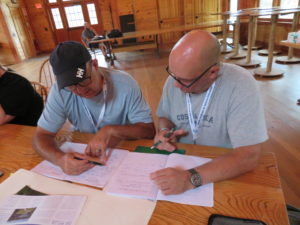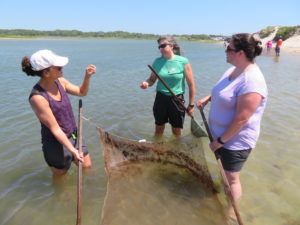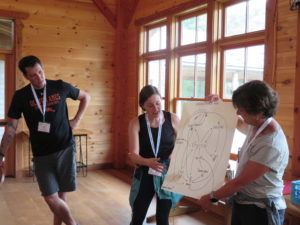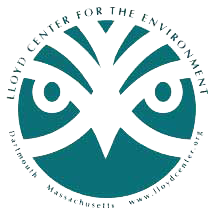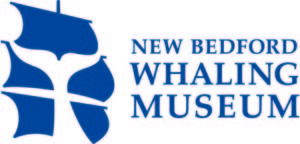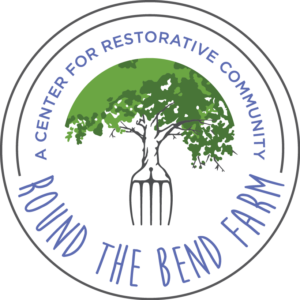Utilizing Your Local Ecosystems as Laboratories for Investigations
A Professional Development Institute for Grades 6-12 Educators

The data scientists collect can tell us stories about the living laboratories that exist all around us. During this Institute, participants learned how to integrate field research and real time data into their science curriculum.
The Institute began at Round the Bend Farm, where educators explored the farm ecosystem, including the pollinators, plants, and animals that coexist on the farm. They also enjoyed a meal prepared using ingredients grown at the farm or procured locally. This led to an investigation of the environmental impacts of a traditional lunch compared to the one they enjoyed at the farm. The ecosystem explorations continued at the Lloyd Center for the Environment, where participants conducted investigations on a barrier beach, including identifying mollusks and dune plants, using seine nets to collect marine organisms in an estuary, and collecting ground samples in a salt marsh. Teachers also observed an anchoring phenomenon, for which they generated a list of notices and wonders, an initial model, and questions for a driving question board.
Later in the week, Krill Carson from New England Coastal Wildlife Alliance introduced the marine ecosystem, specifically how whales interact with and have adapted to their environment. Educators participated in a variety of hands-on activities that supported their understanding of these adaptations. This understanding was furthered the following day at the New Bedford Whaling Museum, where educators investigated how whales are impacted by sound in their environment, both natural and human-made. They explored how sound moves through water and identified solutions to the problem of human-made disturbances in the marine environment. The week concluded with presentations of a week-long project, in which participants chose a site on the Lloyd Center property to fully explore, including identifying plants and animals, collecting soil samples, and testing water quality. Over the course of the week, Institute instructors wove pedagogy throughout the science content, supporting participants in the use of guided inquiry, phenomena, and the Science and Engineering Practices in their classrooms. Throughout the course, educators were encouraged to examine how they can use their local ecosystems to teach science content.
